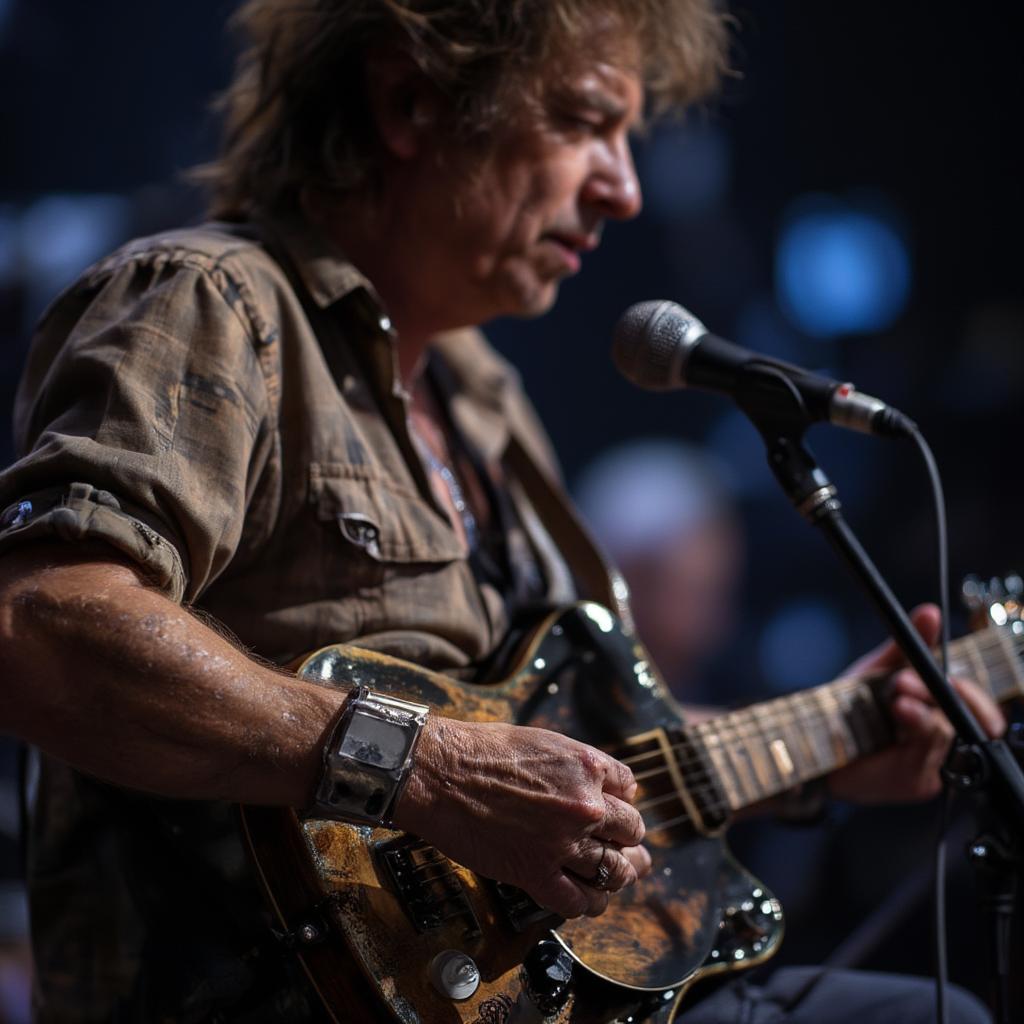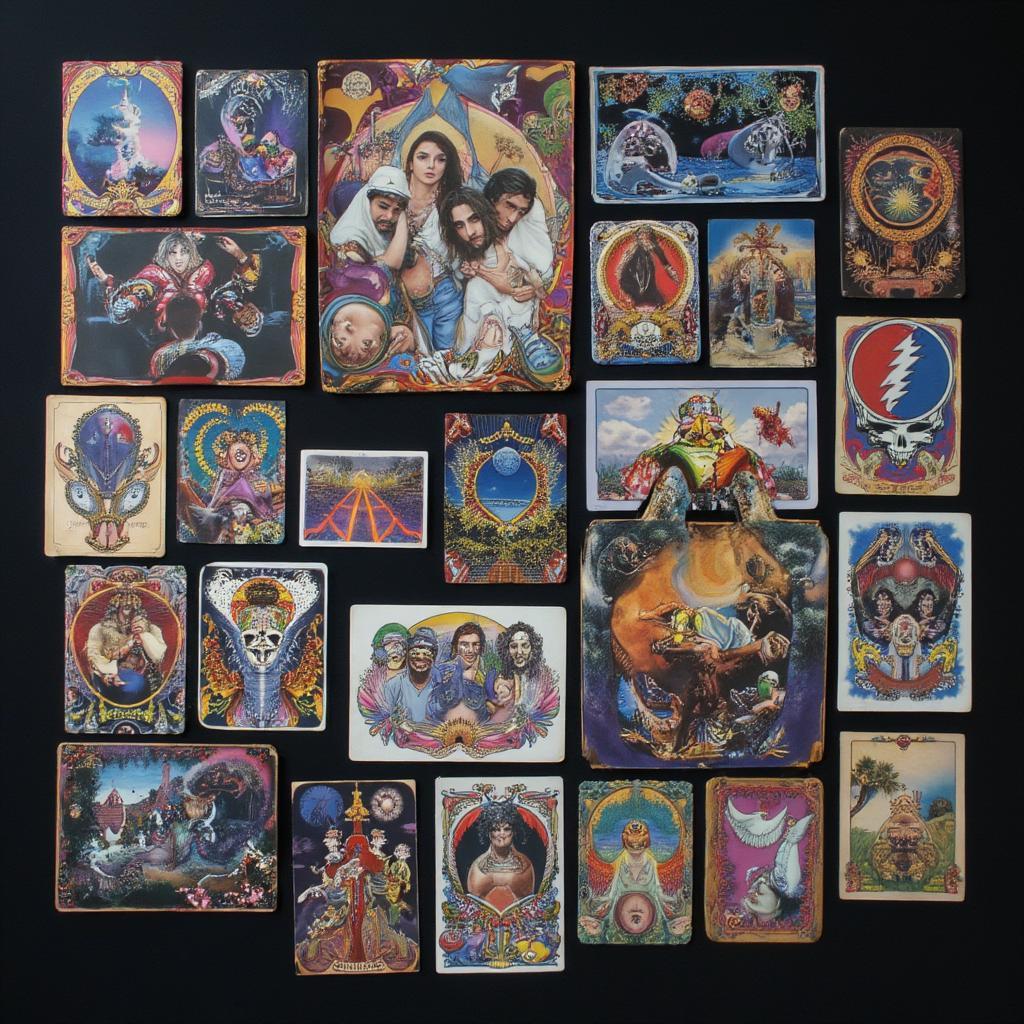Knocking on Heaven’s Door: Bob Dylan’s Timeless Ballad of Mortality and Meaning

The haunting melody of “Knock, Knock, Knockin’ on Heaven’s Door” by Bob Dylan has resonated with listeners for decades. More than just a song, it’s a powerful meditation on mortality, loss, and the search for meaning in the face of suffering. Originally written for the 1973 film Pat Garrett and Billy the Kid, the song transcends its cinematic origins, becoming an anthem for peace, protest, and the shared human experience of pain. This exploration delves into the song’s creation, evolution, and enduring legacy, illuminating why “Knocking on Heaven’s Door” remains one of Bob Dylan’s most beloved and covered songs.
The Genesis of a Classic: “Knocking on Heaven’s Door” and Pat Garrett and Billy the Kid
Dylan’s involvement in the film Pat Garrett and Billy the Kid wasn’t limited to contributing to the soundtrack; he also acted in the movie, portraying the enigmatic character “Alias.” While on set, director Sam Peckinpah tasked Dylan with composing a song for a particularly poignant scene: the death of Sheriff Colin Baker. Witnessing the scene’s emotional weight firsthand, Dylan crafted “Knocking on Heaven’s Door” with a simplicity that belied its profound depth. The lyrics, stripped down to their essence, captured the physical and emotional exhaustion of a dying man, a feeling universally understood. The song’s repetitive structure, with its iconic four-chord progression, mirrors the waning strength and fading consciousness of Baker, creating a visceral connection between the music and the on-screen narrative.
Beyond the Film: “Knocking on Heaven’s Door” as a Universal Anthem
Although born from a specific cinematic moment, “Knock, Knock, Knockin’ on Heaven’s Door by Bob Dylan” quickly transcended its initial context. Its simple, yet evocative lyrics resonated with audiences far beyond the film’s viewership. The song’s themes of pain, surrender, and the inevitability of death tapped into a collective human experience, making it relatable across cultures and generations. Its power lies in its ambiguity; the “heaven’s door” metaphor can be interpreted in numerous ways: literal death, the end of a relationship, the loss of innocence, or even the surrender to despair. This open-endedness allows listeners to project their own experiences and emotions onto the song, transforming it into a personal anthem for whatever battles they face.
From Folk Ballad to Global Phenomenon: The Evolution of Covers
“Knocking on Heaven’s Door” by Bob Dylan became a global phenomenon, attracting countless covers across diverse musical genres. From Guns N’ Roses’ hard rock rendition to Eric Clapton’s blues-infused interpretation, each artist imbued the song with their own unique style while preserving its core emotional resonance. These covers not only introduced the song to new audiences but also demonstrated its remarkable adaptability. It could be transformed into a stadium rock anthem, a mournful blues lament, or a tender folk ballad, yet still retain its inherent power. This versatility is a testament to the song’s universality and timeless appeal.
Guns N’ Roses and the Power of Reinvention
Guns N’ Roses’ 1987 cover of “Knocking on Heaven’s Door” exemplifies the song’s capacity for reinvention. Transforming the original folk ballad into a powerful hard rock anthem, Guns N’ Roses amplified the song’s emotional intensity, reflecting the band’s raw energy and rebellious spirit. This version introduced the song to a new generation, solidifying its place in popular culture. It became a staple of their live performances and remains one of their most recognizable hits.

Eric Clapton’s Bluesy Interpretation: A Deeper Shade of Sorrow
Eric Clapton’s blues-infused rendition of “Knocking on Heaven’s Door” added another layer to the song’s emotional landscape. Clapton’s soulful vocals and bluesy guitar licks brought a sense of profound sorrow and introspection to the song, highlighting its themes of loss and resignation. His interpretation resonates with a weariness that reflects his own personal experiences with grief and loss, further deepening the song’s emotional impact.
The Enduring Legacy of a Timeless Song
“Knocking on Heaven’s Door by Bob Dylan” endures not just as a song, but as a cultural touchstone. Its simple melody and powerful lyrics have resonated with countless individuals across generations and cultures, making it one of the most covered songs in history. Its use in films, television shows, and political rallies further underscores its ability to connect with people on a deep emotional level. The song’s enduring legacy lies in its ability to speak to the universal human experiences of pain, loss, and the search for meaning in a world often filled with suffering.
Who Originally Sang Knocking on Heaven’s Door? The Answer is Clear.
While many artists have covered “Knocking on Heaven’s Door,” it’s crucial to remember its origin. Bob Dylan wrote and originally performed the song for the film Pat Garrett and Billy the Kid. This fact often gets lost amidst the multitude of covers, but it’s essential for understanding the song’s history and context. Knowing the song’s roots allows listeners to appreciate the evolution of its interpretation across different genres and artists.
“Dylan’s genius lies in his ability to create songs that transcend their initial context and become part of the collective consciousness.” – Dr. Sarah Johnson, Musicologist, University of California, Berkeley.
“The simplicity of ‘Knocking on Heaven’s Door’ is deceptive. Its power lies in its ability to evoke profound emotions with minimal words and a simple melody.” – Professor David Lee, Music Historian, Columbia University.

The enduring power of “Knocking on Heaven’s Door by Bob Dylan” lies in its simplicity, its universality, and its capacity for reinvention. From its origins in a Western film to its evolution into a global anthem, the song continues to resonate with listeners around the world, reminding us of the shared human experiences of pain, loss, and the search for meaning in the face of mortality. It is a song that truly knocks on heaven’s door, transcending time and genre to become a timeless classic.




